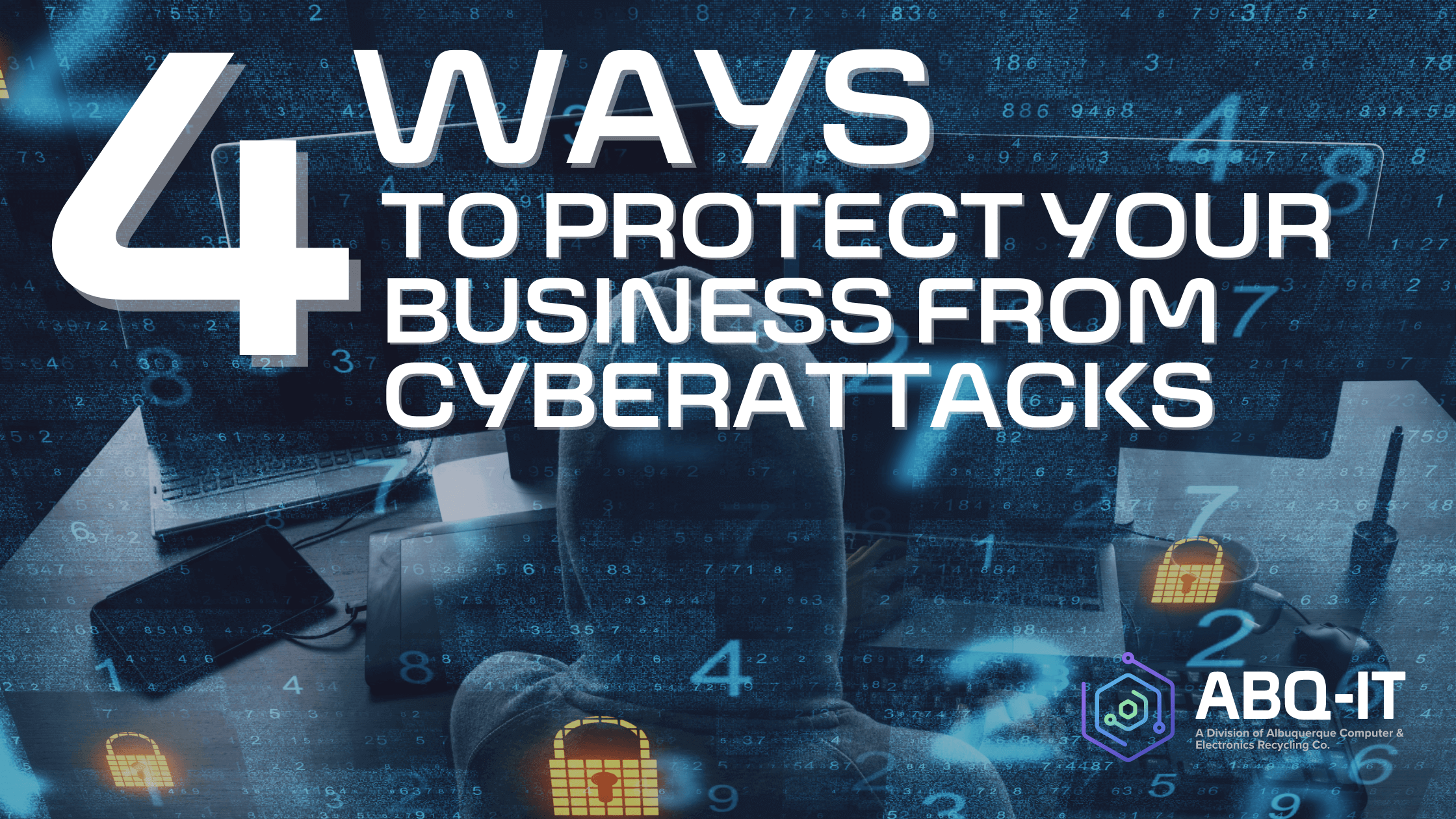
The rise in high-profile cyberattacks on corporate giants is enough to make anyone want to curl up into a ball and hide. But even though these attacks may be happening more frequently, the majority of corporations aren’t taking basic measures needed for protection–which became evident when T Mobile announced that they too had been hacked this summer!
Identity theft is becoming more and more common, but what makes this story notable are the lengths hackers went through to steal customer data. They not only had access to extensive information on millions of T-Mobile customers—but they also accessed personal details such as SSN’s birth dates or driver’s license numbers!
This has enormous implications consumers who may find themselves targeted by criminals looking at their most valuable assets. The impact on consumers’ trust has been devastating as well—losing data translates into lost opportunities because it takes time to rebuild relationships.
The financial impacts of the trade war on TSMC have been significant. A hack cost them $170 million in operational disruptions.
Cybercriminals continue to consider the sector a high-value target. OXO International, Visser Precision, HanesBrands Inc., FACC, Renault Nissan, and Mondelēz International are among others, have fallen victim in recent years due at least partly because of this trend towards digitization which has made them more susceptible than ever before.
Here are four lessons that victims of cyber attacks have had to learn the hard way. Now it’s your chance for a head start!
1. Maintain Your Equipment Updated
In today’s world, it is difficult to stay competitive if your business doesn’t have the most up-to-date technology. Systems can become outdated and leave you vulnerable to an attack from hackers who are also looking for opportunities amongst these vulnerabilities.
Outdated systems generally aren’t compatible with modern security patches and protections, which is why manufacturers need an IT vendor that specializes in complex customized solutions. For instance, in the situation with T-Mobile, there was a computer running Windows 98 – connected online while controlling factory operations!
2. Make Sure that Employees are Well Aware of Cybersecurity
Cybercriminals are some of the most creative people on earth. They’ll find ways around your security measures no matter how well put together they think you’ve made things. They’ll breach your firewall, endpoint protection, and other security measures by going after users who click on phishing emails that we send out as part of training for employees’ awareness about internet safety! You’d be shocked how many ABQ-IT customers have falleen victim to cyber crimes, every day—42% of people have been victim of a cybercrime. This happens because these criminals know exactly where our weaknesses lie: with people clicking “yes” when presented with a various opportunities that seem real. So, proper employee training will make all the difference in keeping losses minimal.
3. Data access control policies should not be taken lightly.
Varonis’ 2021 report found that in the manufacturing sector, every employee can access an average of 6 million files on their first day. Accessing such large amounts of data poses serious security risks and should be confined to those employees who absolutely need it for work purposes only!
Businesses need to take the threat of phishing emails seriously. If an employee who has access to millions-plus files clicks on one, it can be devastating for their company!
The importance of data security cannot be overstated. Strict, consistent policies that are enforced throughout an organization can go miles in protecting your company from a breach caused by improper exposure or disposal of confidential information!
The only thing more frightening than having hackers get their hands on personal records is how much time will pass before someone notices? It’s critical for every business owner and manager out there who owns sensitive info about customers (or employees) to take steps now so these breaches don’t happen to them.
4. ‘Ghost Users’ Should Be Removed
If you’re like many manufacturing leaders who don’t know about the prevalence of “ghost users” (i.e., former employees can still log in to their company’s systems), then it might be time for an upgrade! The Varonis research found that 44% percent have more than 1,000 ghost worker zones out there - and some may try to wreak havoc on your business by accessing data or leaking sensitive information.
It’s a breach waiting to happen. But rigorous “ghostbusting” can eliminate these security vulnerabilities!
Rigorous ghost-catching is important because the accounts of recently departed employees often remain active on purpose, which leaves them vulnerable and makes them an attractive target for hackers who want to access your company’s information
By taking some simple steps, you can significantly reduce the threat of cybercrime. You’ll need to upgrade old systems and train employees in order for their knowledge to be effective against this ever-evolving cybersecurity problem.

